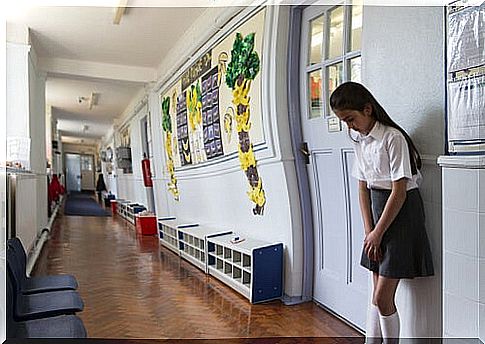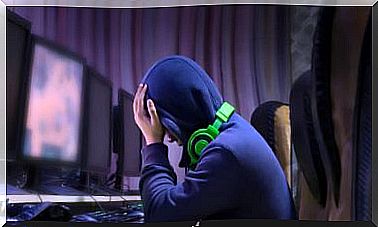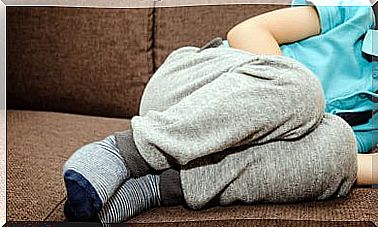Is Punishment Without Recess For Our Children Legal?
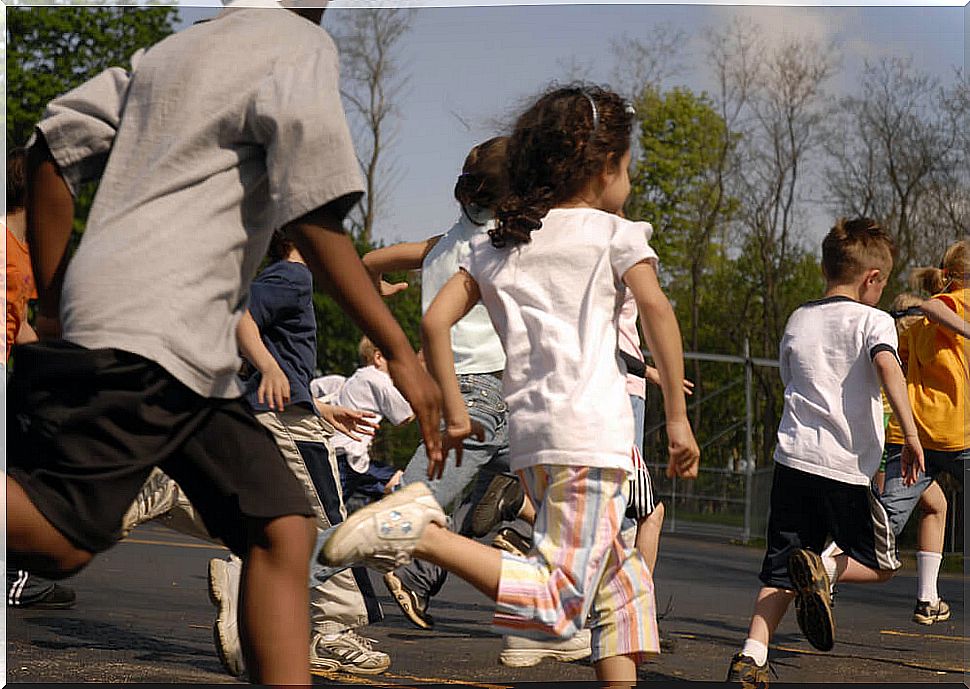
In many schools, if not in almost all, it is a common practice to punish children without recess, or with less time for it. The reason? Not behaving well, not having finished homework, not knowing the lesson, speaking in class or having forgotten the notebook at home.
There are teachers who even take recess time from students who need to go to the bathroom during school hours. Recess is a right of all children and also a necessity from the point of view of their physical and emotional health. And yet, punishment without recess is still common.
Next, we will look at some elements to understand why children should not be punished without recess.
Recess: a children’s right
Article 24 of the Universal Declaration of Human Rights states that: ” Everyone has the right to rest and periodic vacations . ” This includes, of course, children, who also have the right to rest and a reasonable limitation of their working time.
The ‘work’ day for children between the ages of 3 and 12 is approximately 5 hours. There are even some who eat at school or who stay for extracurricular activities, so that day can last up to 9 hours. Without a doubt, a long day …
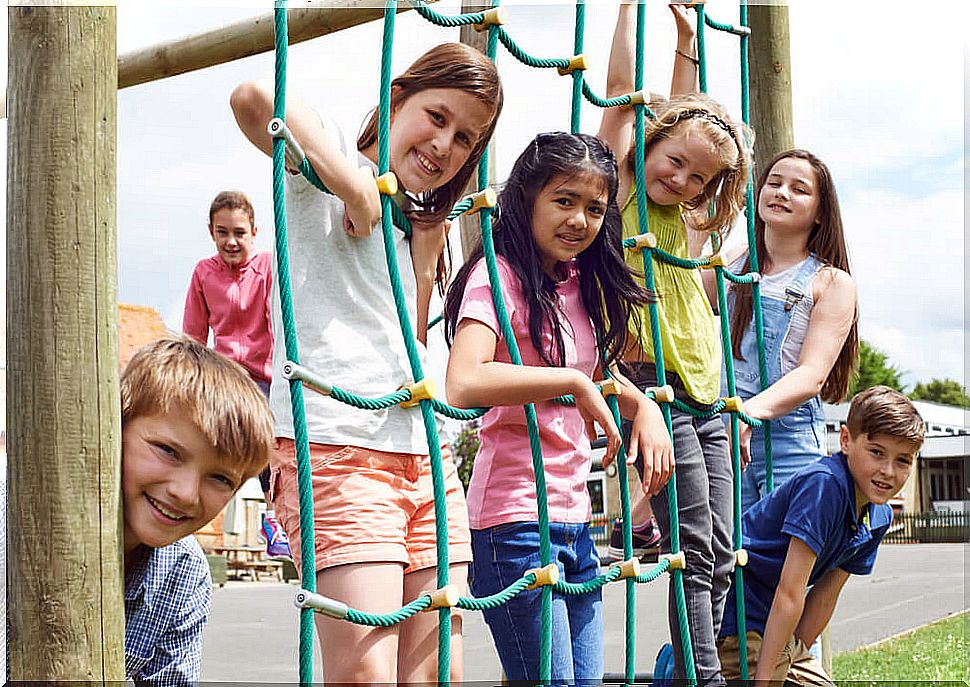
During this day, a 30-minute break has been established, at mid-morning, which is called recess. This moment of relaxation and play is a right that children have.
This right is contained in Article 31 of the Convention on the Rights of the Child: “The States Parties recognize the right of the child to rest and recreation, to play and to recreational activities appropriate to their age.”
Punishment without recess is an abuse of power by the teacher or the establishment. School breaks are not the property of teachers, they are children’s rights. No internal sanctioning regime of any educational center is above what is established by the Constitution or international conventions.
Benefits of recess for children
Recess offers children many mental, physical, emotional, and social benefits. This moment of free play and unstructured activities is essential for the development and health of minors. This small leisure space allows them to develop their social skills, learn to share, communicate, and solve problems. It is also a space in which they can release tension.
From a strictly academic point of view, recess is also very important. To learn better, children need a break to process information after a learning period. It is as necessary as a math or language class.
Recess is also necessary to recharge energy and for the little ones to do some physical activity. It contributes positively to improving school performance and children’s behavior. Likewise, this leisure and disconnection time is especially useful for children with behavior or learning problems, such as those who suffer from Attention Deficit Hyperactivity Disorder (ADHD).

Why should children not be punished without recess?
Recess is a fundamental part of the development of the little ones. It is an important component of the social interaction that minors must have at school. It is an opportunity to rest from academic demands and a space for recreation, creative development, participation and physical activity.
For children, playing is an essential activity that cannot be forbidden or underestimated. Schools must not use recess time as a form of punishment. They have to look for other methods to improve children’s behavior.
Parents should demand that the rights of their children are fulfilled and ask the educational center not to punish children without recess. The school must use educational and non-coercive measures to correct possible behavioral problems of children. It is necessary to look for other types of solutions that do not include depriving them of their right to rest.
By being punished without recess, children also learn that they must submit to unfair situations without being able to give their opinion on them. They learn that their needs don’t matter and that they can’t change something they don’t consider fair.
